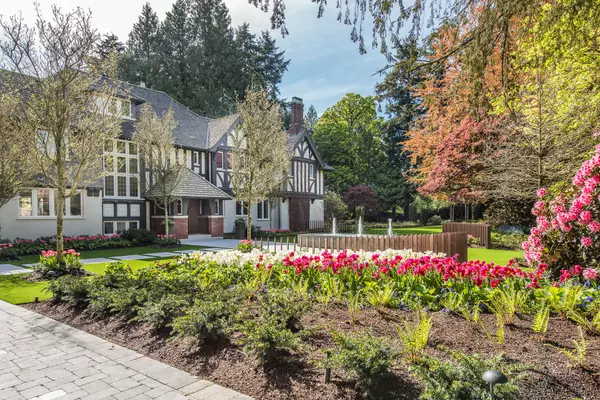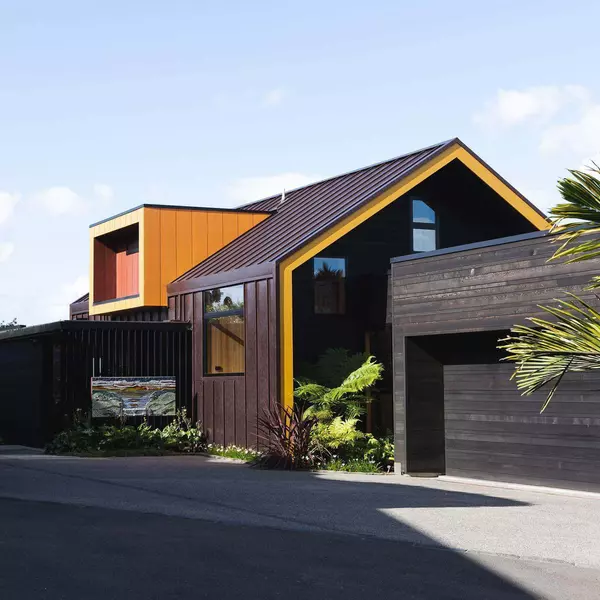
Shaughnessy Set for Change: Vancouver Council Votes to Densify Prestigious Neighborhood
In a landmark decision this week, Vancouver City Council voted in favor of a motion that could significantly change the landscape of one of the city’s most prestigious neighborhoods—Shaughnessy. The council’s unanimous decision will amend the First Shaughnessy Official Development Plan, paving the

Investment and Appreciation: Apartments vs. Detached Homes in Vancouver
Investment and Appreciation: Apartments vs. Detached Homes in Vancouver Investing in Vancouver's real estate market offers diverse opportunities, primarily between apartments and detached homes. Understanding the differences in investment and appreciation values of these property types is crucial f

Vancouver Real Estate Market Update: June 2024
The Vancouver real estate market saw some big changes in June 2024, with sales numbers staying lower than usual. This means more homes are available for buyers to choose from, creating a balanced market. Sales and Inventory Trends In June 2024, 2,418 homes were sold in Metro Vancouver. This is a 19
Categories
Recent Posts










